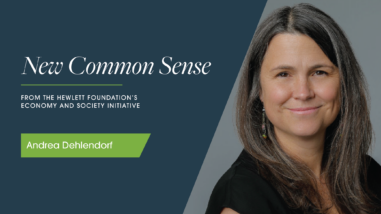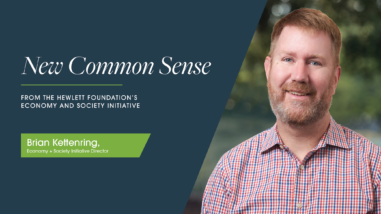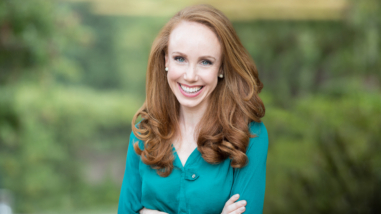Harvard University
For A Research Project To Compare Participatory And Deliberative Governance Models
-
Amount$60,000
-
ProgramConflict Resolution
-
Date Awarded10/21/2002
-
Term12.0 Months
-
Type of SupportProject
About the Grantee
Grantee Website
www.harvard.edu
Grants to this Grantee
For a political economy conference
The Allen Lab for Democracy Renovation at Harvard University seeks to address threats to American and global democracies with research and field-building in support of robust political equality, fully inclusive institutions, and broader avenues for participation and connectedness, all of which rest on the material and social bases for human flourishing. This grant will support a major multidisciplinary conference to spotlight the new paradigm for political economy to replace neoliberalism that has emerged through the work of many scholars around the globe over many years. The event will bring together scholars, policymakers, journalists and storytellers, and practitioners to lay out, interrogate, and explore the new paradigm and its application to the most pressing policy challenges of our time.
for The People Lab
The People Lab aims to empower the public sector by producing cutting-edge research on the people of government and the communities they are called to serve. The lab studies, designs, and tests strategies to solve urgent public sector challenges in three core areas: strengthening the workforce, improving resident-government interactions, and reimagining evidence-based policymaking. (Substrategy: Executive Branch)
for Economics for Inclusive Prosperity
Economics for Inclusive Prosperity is a network of academic economists committed to an inclusive economy and society. It is based on the belief that contemporary economics research is rife with new ideas for creating a more inclusive society, but it is up to economists to convince the world this is true. Toward that end, the network members develop and discuss policy ideas based on sound scholarship, with the goal of reaching not just other academics but also a wider audience including students, writers, and policymakers.



